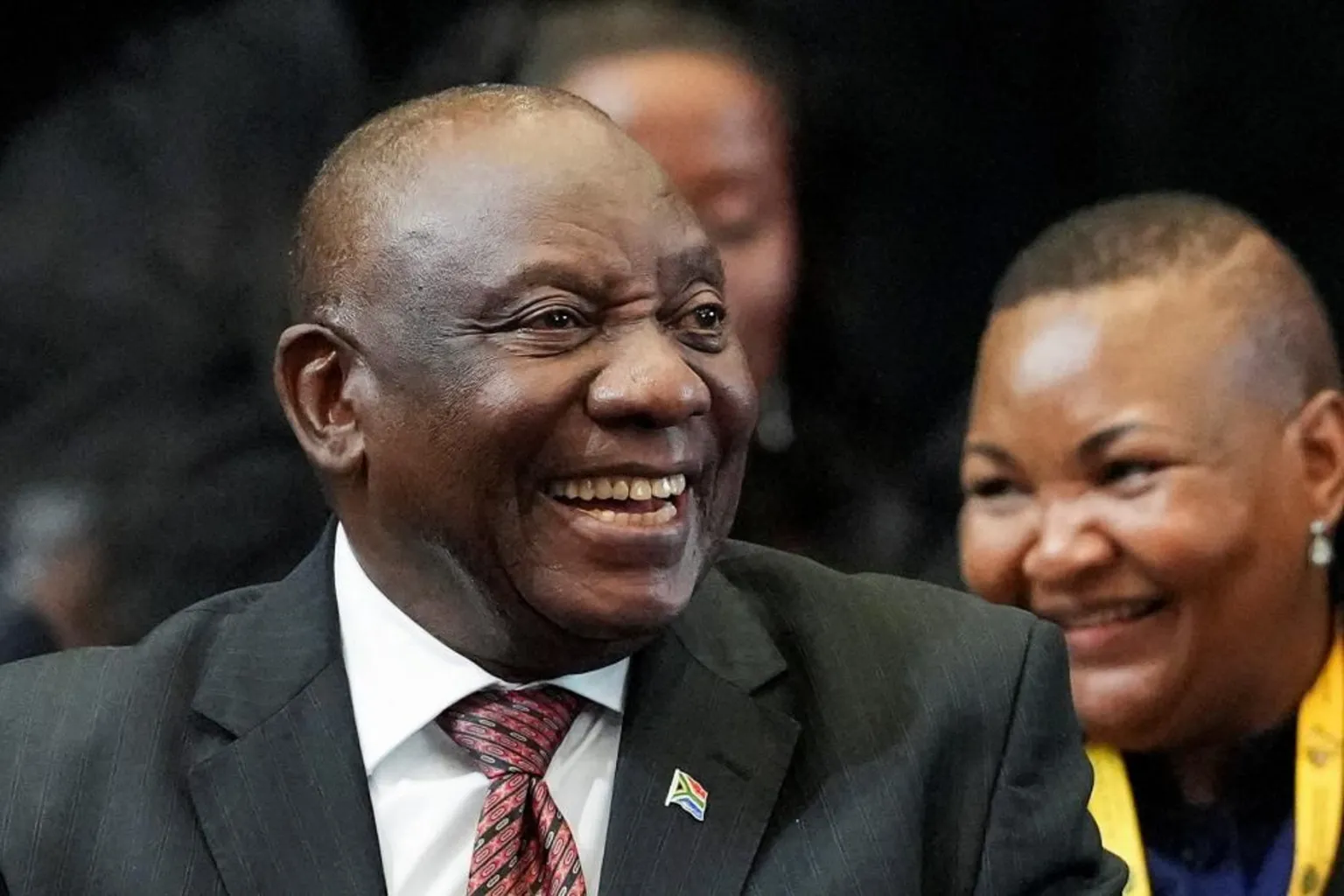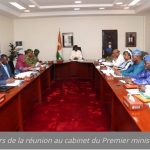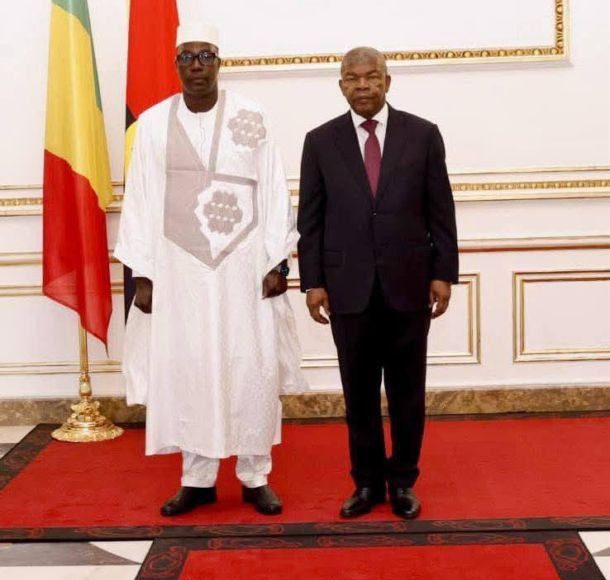
Ramaphosa Re-elected as South Africa’s President in Historic ANC-DA Coalition

South Africa’s parliament has re-elected Cyril Ramaphosa as president following a landmark coalition deal between the governing African National Congress (ANC) and opposition parties. The new government of national unity includes Mr Ramaphosa’s ANC, the centre-right Democratic Alliance (DA), and smaller parties.
In his victory speech, Mr Ramaphosa celebrated the coalition, emphasising that voters expect leaders “to act and to work together for the good of everyone in our country.” The agreement was finalised after intense political activity, with the National Assembly meeting late into the evening to confirm the new administration.
This coalition deal came after weeks of speculation about the ANC’s potential partners following its loss of a parliamentary majority for the first time in 30 years during last month’s elections. The ANC secured 40% of the vote, while the DA garnered 22%.
ANC secretary-general Fikile Mbalula described the coalition deal as a “remarkable step,” allowing Mr Ramaphosa to retain his position, which he first assumed in 2018 after replacing Jacob Zuma amid a power struggle. The next challenge for Mr. Ramaphosa is to allocate cabinet positions, which will include members of the DA.
Notably absent from the coalition are two ANC breakaway parties, which might gain support if the alliance fails to meet voters’ demands for economic improvements. However, opinion polls indicate that many South Africans hope this grand coalition will succeed.
The ANC had consistently polled above 50% since the country’s first democratic elections in 1994 when Nelson Mandela became president. However, the party’s support has waned due to widespread dissatisfaction over corruption, unemployment, and crime.
Addressing parliament after his confirmation, Mr Ramaphosa reflected on his party’s first presidential victory 30 years ago.
We have been here before; we were here in 1994 when we sought to unite our country and to effect reconciliation and we are here now, he said.
An alliance between the centre-right DA and the ANC is unprecedented, as the two parties have been long-time rivals. Under Nelson Mandela, the ANC led the fight against apartheid and won the country’s first democratic elections. Critics of the DA accuse it of attempting to protect the economic privileges of the white minority established during apartheid, a charge the party denies.
In Cape Town, DA leader John Steenhuisen called the day “historic” and the beginning of a “new chapter.” The National Assembly also appointed an ANC member as speaker, with the position of deputy speaker going to the DA.
Julius Malema, leader of the Economic Freedom Fighters, a party he founded after leaving the ANC in 2013, accepted the election results but criticised the coalition. He labelled it a “marriage of convenience” aimed at consolidating “white monopoly power over the economy and the means of production in South Africa.”
Read more: Burna Boy Sets Record as Highest-Grossing African Artist in U.S. with ‘I Told Them’ Tour
About The Author
Related Articles
Zimbabwe Rejects $350m US Health Deal Over Sovereignty Dispute
Zimbabwe has formally withdrawn from negotiations on a proposed $350 million health...
ByWest Africa WeeklyFebruary 25, 2026Niger’s President Outlines Vision for Strategic Partnership with China
Niger’s Head of State, General Abdourahmane Tiani, has articulated a renewed vision...
ByWest Africa WeeklyFebruary 25, 2026Fire Destroys 140 Tonnes of Cotton in Western Burkina Faso
A major fire has destroyed more than 140 tonnes of cotton in...
ByWest Africa WeeklyFebruary 25, 2026Mali’s New Ambassador to Angola Presents Credentials, Pledges Stronger Bilateral Ties
Diplomatic relations between Mali and Angola entered a new phase on February...
ByWest Africa WeeklyFebruary 25, 2026











